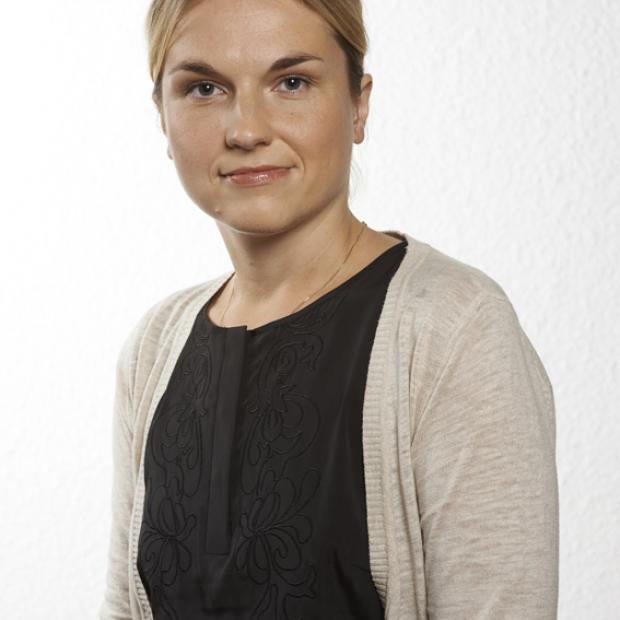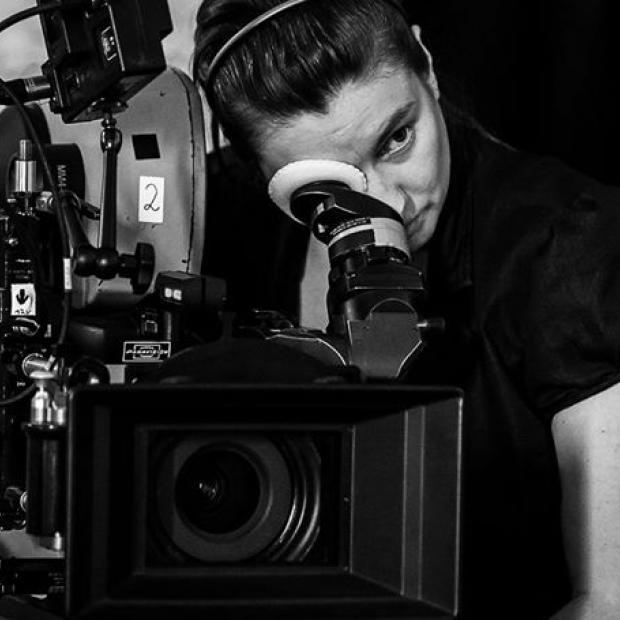Doctoral thesis explores feminist threads in Johannes Semper’s oeuvre
On 24 January 2022 at 14.30, Merlin Kirikal from Tallinn University School of Humanities defends her doctoral thesis ““I broke open to life”: representing modern gender and bodies in Johannes Semper’s pre-WWII work” (“Olin lahti murdunud elule”: modernse soo ja keha kujutamine Johannes Semperi Teise maailmasõja eelses loomingus”).

Kirikal’s doctoral thesis provides a fresh perspective to the prose and essays of Johannes Semper written between 1910–1930. The thesis aims to continue a discussion on Semper’s complex oeuvre and its contexts, form generalisations on gender and bodies in the rapidly modernising culture and (re)make decadent and modernist literature relevant to the present-day reader by highlighting its extraordinary multiplicity
Kirikal’s research indicates how Semper’s author figure and texts have been preserved in Estonian cultural memory in a conflicting manner due to aesthetic and political reasons. As aesthetic reasons, Kirikal mentions how Semper’s works are often misinterpreted as ‘overly complicated’ and ‘foreign’. As political reasons, she points out Semper’s collaboration with Soviet forces starting in the summer of 1940, which ended his era of significant contribution to Estonian literature. The thesis also reveals how Semper, along with many of his contemporaries, re-uses common topics, myths, allusions, character types and binaries of European modern culture as well as engages in discussion with the ideas of Isadora Duncan, Henry Bergson, Friedrich Nietzsche, Otto Weininger, as well as Ado Vabbe, Friedebert Tuglas and Adamson-Eric.
The background of the thesis is feminist and gender-sensitive since Semper’s oeuvre is, similarly to A. H. Tammsaare and Tuglas, especially rich in the construction of gender differences and the representation of modernising ‘femininities’ and ‘masculinities’. The thesis is also significant for the contradictory relationship between feminism and misogyny present, as its analysis reveals the contrasting, dissonant-rich content of cultural texts of the time. This can be observed in Semper’s earliest short story collection ‘Chinese Chain’ (1918), which has since been forgotten about. Throughout the plot of this short story, the female protagonist (a university student) refers to herself both as an ugly owl and as a small, categorical imperative. Meanwhile, a male student admires the woman for her knowledge of music and defines her brain as a relentless piece of mollusc.
“One of the most memorable experiences and surprises of this research was related to Semper’s collection “Ellinor” that was published in 1927,” said Kirikal. “It is not considered an important work in Estonian literary history. I dare say that it is one of the most notable collections of Estonian decadence and modernism, and in retrospect it is also a remarkable example of our feminist literature.” As a male author, Semper makes an unprecedented move in Estonian literary history – he chooses to mediate events only through a witty female protagonist. Due to its fast-paced plot, colourful characters and the perspective of a modern woman, “Ellinor” stands out among the male literature of the 1920s and 30s. In this sense, Kirikal’s doctoral thesis also questions the dogmas of feminist literary research which often emphasise the need for preferential research of female writers’ works. In addition to outstanding female authors of their time (Betti Alver, Marie Under, Reed Morn, Leida Kibuvits, Aino Kallas), it is clear that Johannes Semper also discussed questions regarding women’s legal capacity and identity.
The public defence will take place in auditorium M648 at Tallinn University.
The defence can also be viewed via Zoom.
The supervisor of the doctoral thesis is Mirjam Hinrikus, Senior Researcher at the Under and Tuglas Literature Centre of the Estonian Academy of Sciences.
The opponents of the doctoral thesis are Jaan Undusk, Director of the Under and Tuglas Literature Centre, and Raili Marling, professor at University of Tartu.
The doctoral thesis is available in the ETERA digital environment of the Tallinn University Academic Library.




